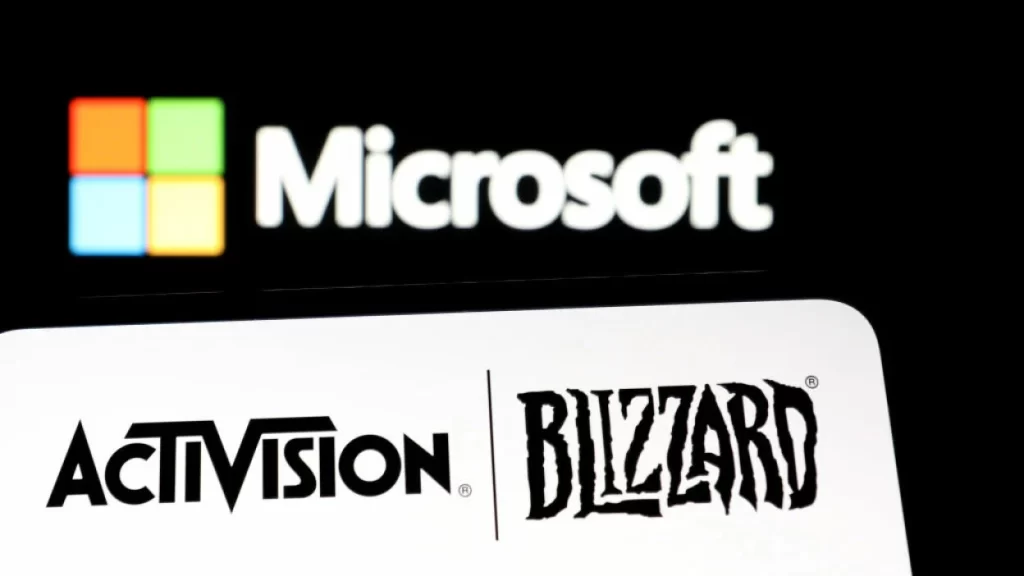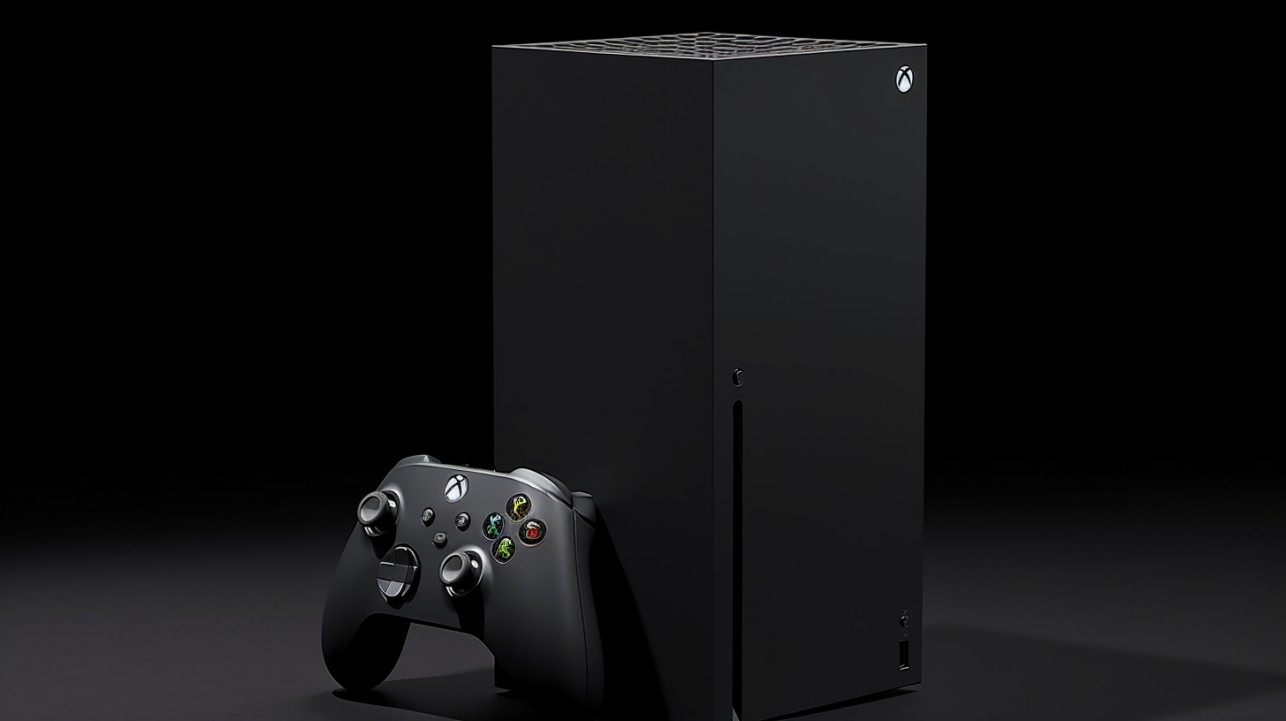Microsoft’s next-generation Xbox console, set to succeed the Xbox Series X/S, is currently in the works, according to recent regulatory filings. The PlayStation 6 (PS6) rival has been assigned a codename as the company pushes forward with its development. The information was inadvertently revealed during Microsoft’s ongoing trial with the Federal Trade Commission (FTC), which initiated legal action in December 2022 to block Microsoft’s proposed acquisition of Activision Blizzard on antitrust grounds.
Sony, as one of the largest private opponents of the deal, has become heavily involved in the FTC lawsuit, which is currently in the discovery phase and awaiting trial. Microsoft’s interactions with both the U.S. regulator and Sony have led to the unintended disclosure of information, including narrowing down a potential PlayStation 6 release window.

In another instance of information being revealed prematurely, the FTC’s motion from March 14 confirmed the development of a next-generation Xbox console. The motion, signed by the complaint counsel, seeks to compel Microsoft to produce documentation related to its tenth-generation gaming system, even mentioning it by its codename. Although the codename was redacted from the public copy of the filing, it appears to contain around 15 characters and is likely composed of two words.
For context, the Xbox Series X and Series S were internally code-named Anaconda and Lockhart, respectively. The entire ninth-generation Xbox lineup was also referred to as Project Scarlett. The Xbox One was designated as Project Durango, while the Xbox 360 and the original Xbox were called Project Natal and Midway, respectively.
The FTC’s interest in Microsoft’s next-generation hardware plans is rooted in the core of its lawsuit, which aims to demonstrate that the acquisition of Activision Blizzard could lead to antitrust issues in the future. The complaint counsel believes that gaining insight into Microsoft’s long-term gaming strategies will provide the necessary arguments to prove that owning the Call of Duty creator would give Xbox an excessive amount of power that could be easily abused.
Microsoft has already supplied the FTC’s lawyers with some documents detailing its gaming division’s strategic business goals, as evidenced by the recently surfaced motion referencing the PS6 rival by a specific codename. However, the filing counsel is not satisfied with the scope of the provided documentation and is now attempting to compel Microsoft to be more transparent in its disclosures before the trial begins.
As for the possible outcome of these proceedings, many industry observers have predicted since February that Microsoft is likely to complete its Activision Blizzard acquisition. They argue that the FTC’s opposition to the $69 billion deal has little legal merit. In the meantime, Microsoft’s confirmation of a next-generation Xbox console in development is sure to pique the interest of gamers and industry watchers alike.













